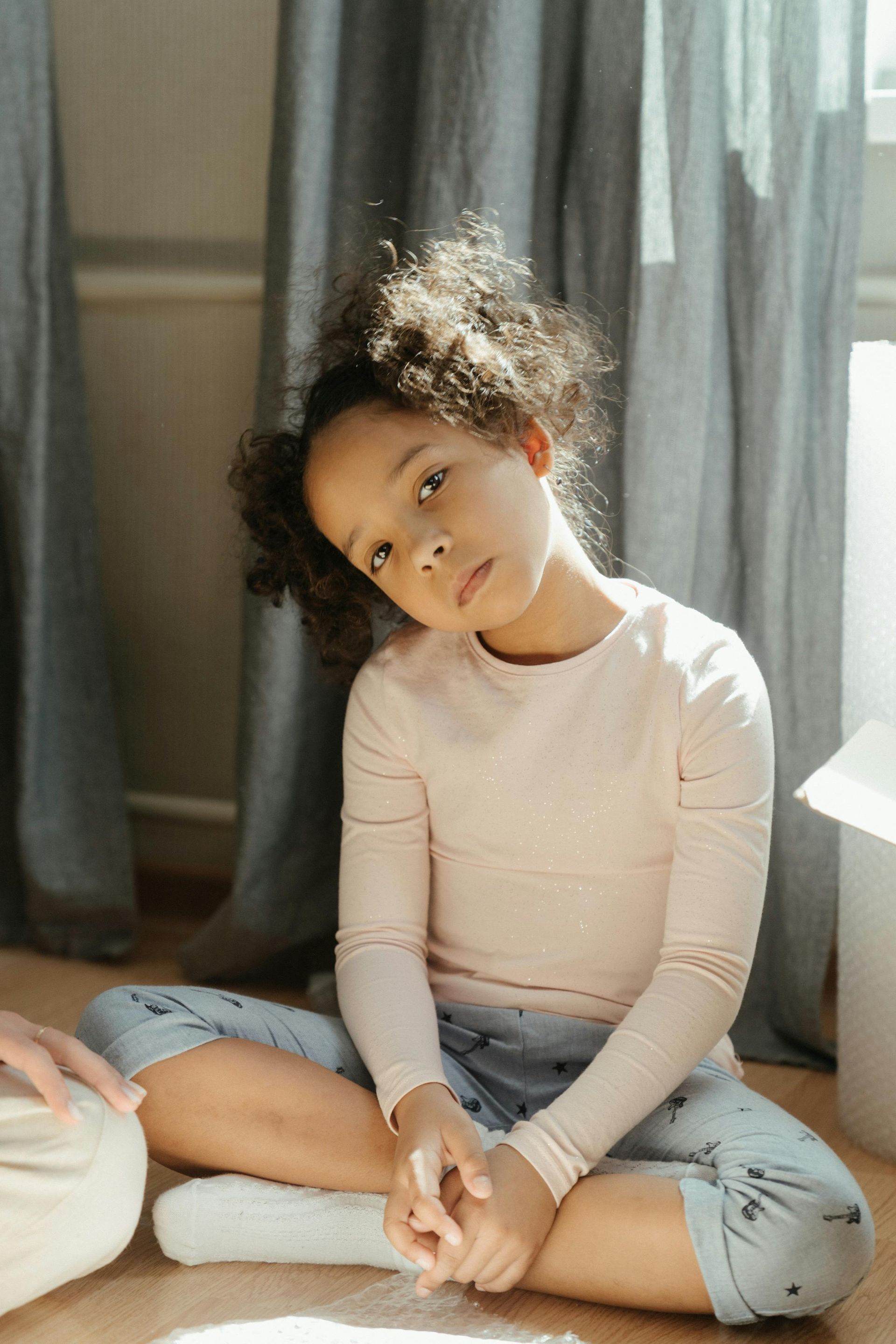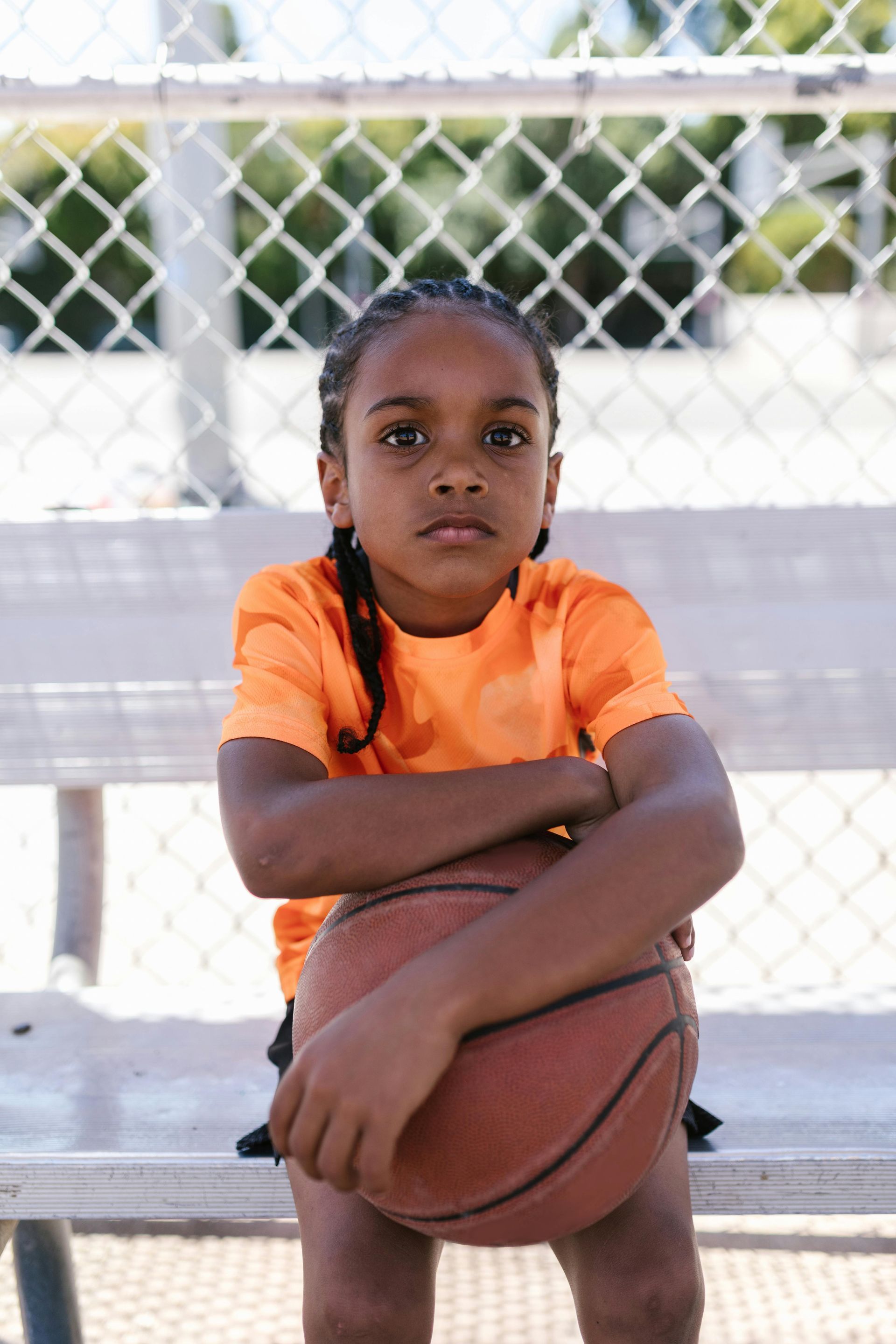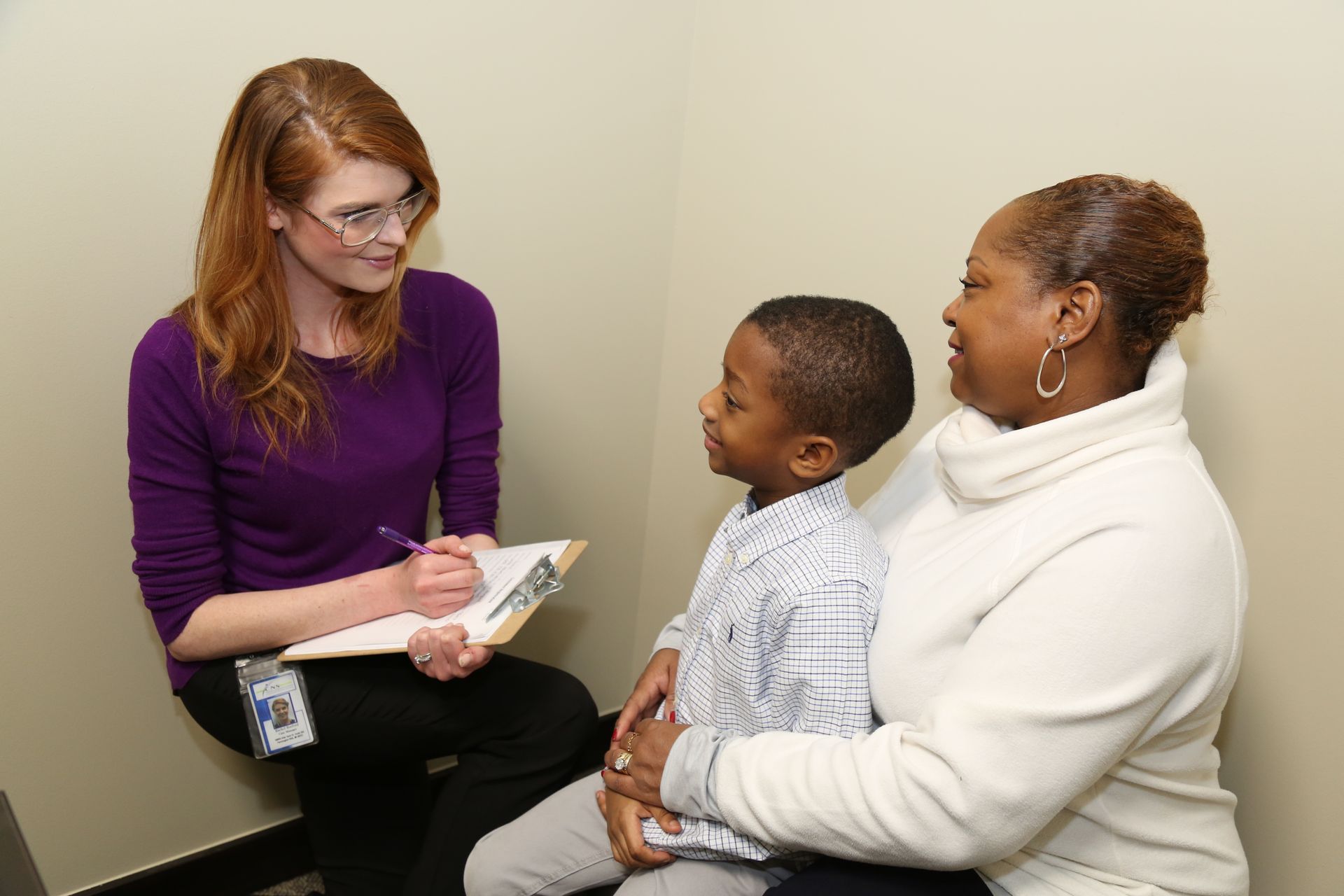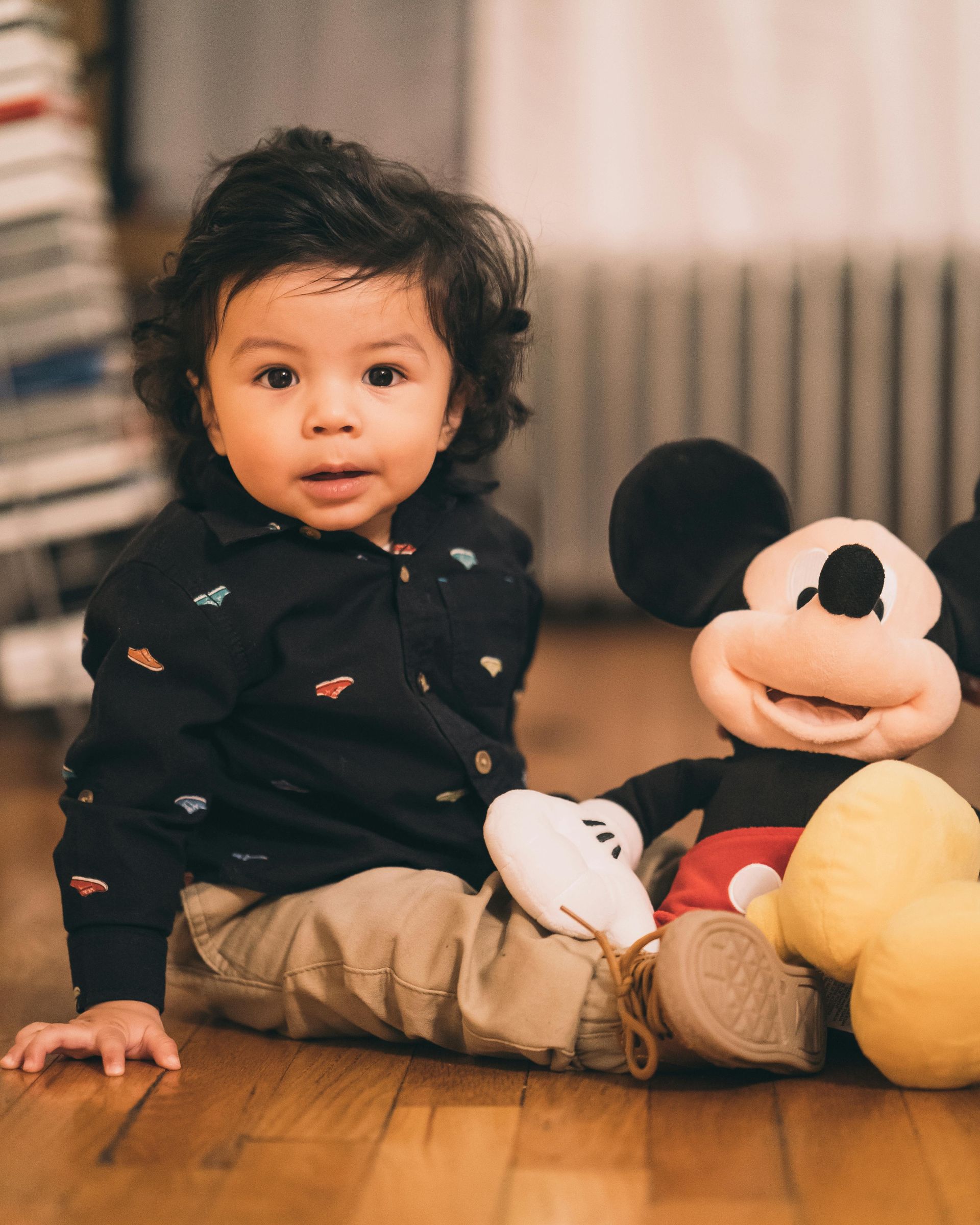When To Seek Help: The Effects Of Divorce On Children And Their Mental Health-💜
CNS Healthcare • June 27, 2025
Divorce can be devastating as an adult, but what about for a child? Did you know that about half of all the children in the United States will experience their parents’ divorce? Now that you know, consider just how many lives this is affecting. The effects of divorce on children are many, and CNS Healthcare in Detroit, Michigan understands that.
Caring for a child's mental health should be a top priority during divorce. In this post, we'll explore what mental health warning signs you should watch out for, and when to seek out professional help in Oakland County and beyond.
Key Takeaways
- Around half of all American children witness their parents’ divorce, which can deeply affect their mental health.
- Children of divorce are known to experience higher rates of anxiety, depression, and also problems sleeping, more than those with intact families. Research has shown these risks can spill into adulthood.
- It's also been observed that academic performance commonly drops after a parental split. A 2019 PNAS study discovered that kids dealing with divorce have an 8% lower chance of completing high school and a 12% chance of going to college.
- Look for warning signs including regular sadness, anger, bad grades, risky behavior, or isolating from friends and family.
- Professional support like counseling can help kids learn to express their feelings and also gain the coping skills needed for managing the stress related to divorce.
Common Effects of Divorce on Children's Mental Health
Divorce can cause children to feel increasingly anxious or depressed, causing their school performance to suffer, among other issues.
Emotional struggles such as anxiety and depression
Children of divorce often struggle with emotional sensitivity, and a wide range of feelings like loss, confusion, anger, or even anxiety. Many children blame themselves for their parents’ divorce and carry a sense of guilt.
It's been found that children experiencing parental separation have a higher risk of suffering from mental health problems versus those coming from intact families. Other illness and possible sleep problems appear more often among children of divorced parents as well.
Unfortunately, the impact of divorce on children can bleed into adulthood causing increased risks of both anxiety issues and depression.
A child’s mind is fragile; handle it with care.
If you notice warning signs like changes in mood or energy level in a child after their parents divorce, consider turning to professional help like counseling or therapy. Getting support sooner than later can help to minimize the chance of long-term negative consequences on your child's mental health.
Behavioral changes and difficulties in school
After parents divorce or separate, you may see some changes in the usual behavior or grades of your child. This is because many young children (and even older children) can have a hard time focusing on school work throughout the divorce process.
They may feel distracted, sad, or confused when they're at home, and these feelings will also affect them when they arrive at school. School faculty often report these children having more fights with classmates, missing assignments, or ignoring instructions.
More recent studies have observed how parental divorce affects a child's academic achievement. A 2019 study from PNAS showed that kids dealing with a parents' divorce showed an 8% less chance of completing high school.
The same study noted a 12% drop in college attendance for children experiencing parental conflict, or major shifts in family structure.
Young people may exhibit risky behaviors like drug use or anti-social behaviour around their classmates due to stress at home.
If left unchecked, these behavioral problems may result in lower grades or a drop in academic performance, and be detrimental to the child's social skills.
Additionally, changes to their daily routines or spending less quality time with biological parents can intensify these problems over time.
Signs That Indicate It’s Time to Seek Help
In early childhood, children will often signal that they may need extra support, especially during difficult times. If they are displaying persistent emotional or behavioral problems, or withdrawal from friends or family, this may reflect an underlying issue.
Persistent emotional or behavioral issues
A child witnessing their parents’ separation may show signs of persistent anger or irritability. You may also observe that a child will direct these negative feelings at sources of stress, for example, a custodial parent, their teachers, or even their friends.
Emotional outbursts could be a sign of deeper psychological problems caused by an upset within their family life or home environment. Ignoring these warning signs puts children’s mental health at risk and may create long-term consequences.
Withdrawal from social or family interactions
It's not uncommon for children to opt-out of social or family interactions during or after their parents' divorce. They may stop being interested in activities they would normally enjoy.
This withdrawal can develop into further isolation, where a child starts preferring to be by themselves instead of engaging with their friends or family. This may look like refusing to spend time with friends, refusing to partake in family meals, or spending too much time alone.
If your child is displaying these behaviors, it is a sure sign that they need professional help. You can address these issues quickly by getting support from mental health professionals, specializing in children's needs during divorce.
How Professional Support Can Help
If you're looking for child support throughout the divorce process, getting professional help may provide significant benefits for your child. Counseling and therapy creates a safe space where kids feel comfortable expressing their true feelings.
They will learn coping techniques to help them better manage their emotions. Therapy can also improve parent-child relationships, resulting in healthier family dynamics.
Benefits of counseling and therapy for children
Counseling can provide kids with a safe space to express their feelings and to talk about their parents' divorce without fear of judgment. With the help of professional support, kids will learn the essential coping strategies and tools to improve their behavior both at school and at home.
When children take part in regular therapy, they get the emotional support they need to build mental resilience. Getting help early on makes it much easier for children to adjust to changes within their family dynamics. This proactive approach can make a big difference in minimizing the potential long-term negative effects around child development.
Additionally, families will see more positive outcomes when their child's counseling is focused on improving their parent-child relationships. This leads to a more stable environment for young adults and younger children alike.
Get Support Through Divorce
It's clear that divorce greatly affects the mental well-being of children, because when going through significant family disruption, they will experience more emotional and behavioral changes. Some kids will even isolate themselves from family and friends during this challenging time.
Seeking out help from seasoned professionals, like the experts at CNS Healthcare in Oakland County, can make all the difference in your child's mental health journey. Connect with CNS today to get your child the support they need.
FAQs
1. How does a parents' divorce impact children's lives at different ages?
Children experience their parents' divorce in different ways depending on their age. Young children often feel confusion or fear, while teens and adult children might battle with trust in their own relationships. Every stage of a child’s life can differently affect how a child feels.
2. What are the common psychological effects of divorce on children?
Divorce may create feelings of abandonment, anxiety, or sadness in a child’s life. High-conflict interactions between married couples or single-parent households can possibly increase the likelihood of negative outcomes such as depression or other mental illness.
3. Can living in a single-mother home affect a child's standard of living and physical health?
Single-mother families often face lower income levels after divorce which may have a negative impact on both the standard of living and physical health for children when compared to more stable two-parent households. This is just one of the hidden risk factors of divorce.
4. Do positive effects exist when parents separate?
Some children experience positive effects when leaving high-conflict homes. It can lead to more stable relationships with each parent, easing the household tension. A calm and loving home life is possible when parents are not arguing in front of the kids.
5. When should families seek help for children's mental health during divorce?
If you see warning signs like your child withdrawing, worse school performance, intense anger, or chronic sadness, these signs may signal bigger mental health issues that will need the attention of professionals specifically who help children adjust to big family changes.
Newsletter
Stay up to date by subscribing to our newsletter.
Recent Posts
SHARE THIS POST WITH YOUR FRIENDS













